TheChocolateLife::LIVE – Does Ben+Jerry+Tony = Greenwashing?
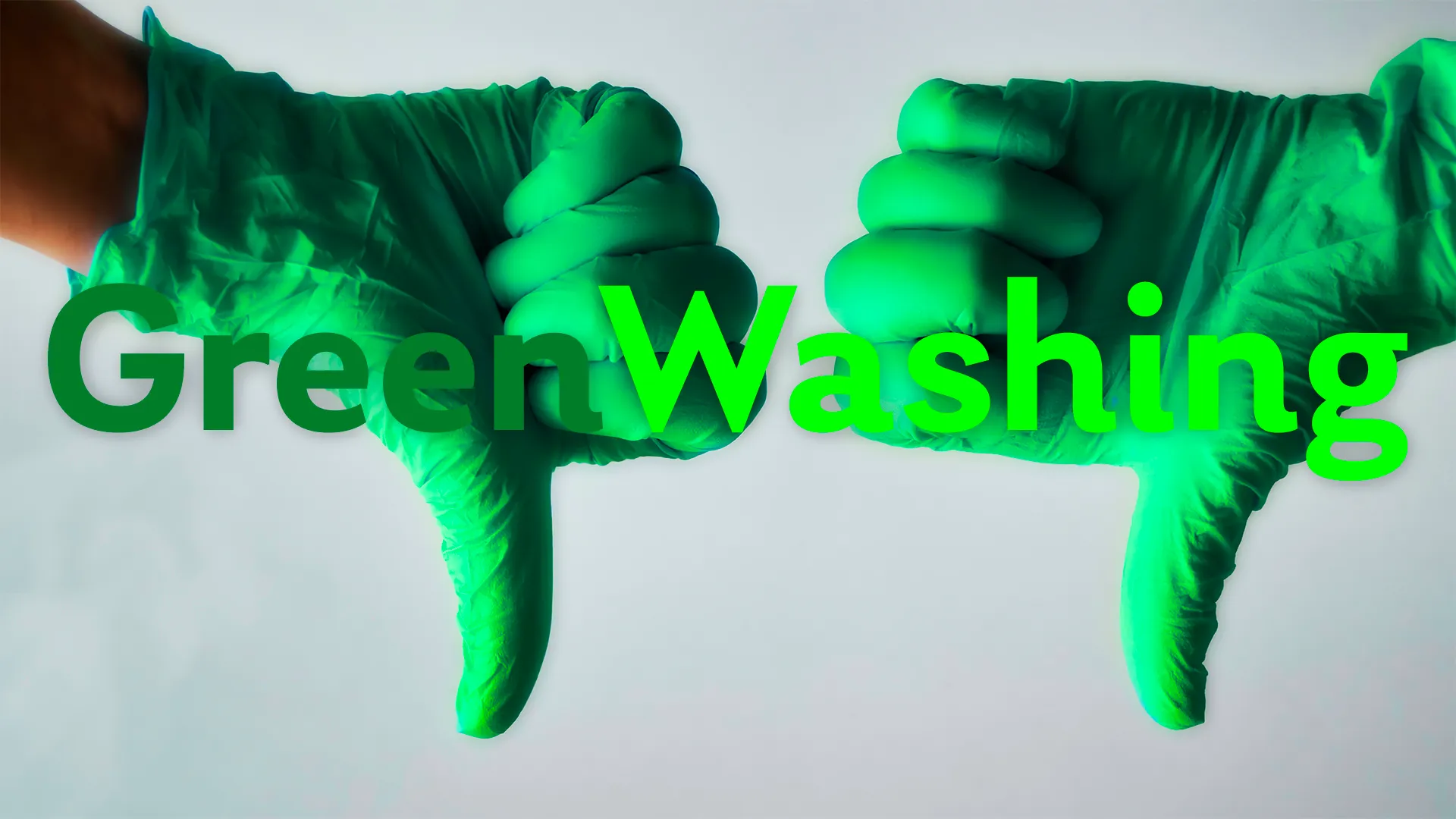
OR: The Good, The Bad, & The Greenwashing! Episode 56 streams live on Friday, Sep 2nd from 12:00 EDT and is a continuation of the discussions about what chocolate is ...
Vermont’s official nickname is The Green Mountain State. With the recent announcement that the state’s iconic ice cream brand – Ben & Jerry’s (owned by Unilever) – has partnered with Tony’s Chocolonely (supplied by Barry Callebaut) the question on the tip of my tongue is, “Should Vermont change its nickname to The Green Washing State?”
At the same time, a ChocolateLife member asked,
“In Australia there is a mindset that if there is a label stating ‘fairtrade,’ ‘rainforest alliance,’ or ‘organic,’ etc, the product must be good. Yet it is rare for these products to look after the farmer/the grower.
For example, there is a maker here that states their products are “single origin” and “fairtrade” and “hand crafted,” yet I know they use Callebaut chocolate and also state they are bean to bar makers. So, let me sum up the above, a topic that looks at ways to guide a consumer to understand when greenwashing is occurring.”
It’s a great observation, and, following up on the conversation in the immediately prior live stream (click on the card below) the combination of the question and the announcement of the Ben+Jerry+Tony collab I thought it made sense to talk about Greenwashing, which to my mind, is a form of gaslighting.
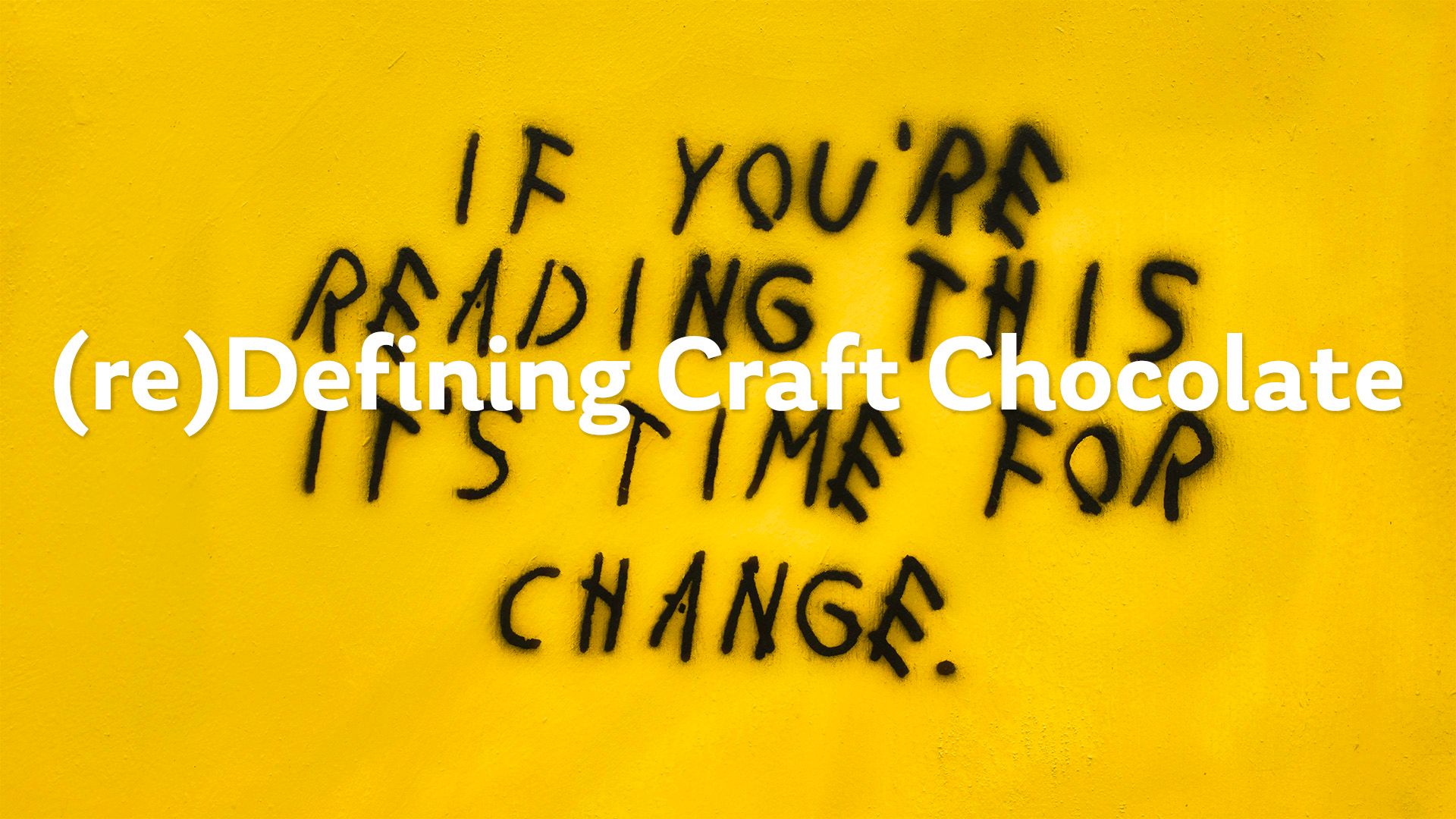
What Even Is Greenwashing, Anyway?
— The Tenth Edition of the Concise Oxford English Dictionary

TerraChoice, an environmental consulting division of UL, describes “seven [deadly?] sins of greenwashing” and says that 95% of consumer products claiming to be green were discovered to commit at least one of these sins:
- Hidden Trade-off: a claim that a product is “green” based on an unreasonably narrow set of attributes without attention to other important environmental issues.
- No Proof: a claim that cannot be substantiated by easily accessible information or by a reliable third-party certification.
- Vagueness: a claim that is so poorly defined or broad that its real meaning is likely to be misunderstood by the consumer. “All-natural,” for example, is not necessarily “green.”
- Worshiping False Labels: a claim that, through words or images, gives the impression of a third-party endorsement where none exists.
- Irrelevance: a claim that may be truthful but which is unimportant or unhelpful to consumers seeking environmentally-preferable products.
- Lesser of Two Evils: a claim that may be true within the product category, but that risks distracting consumers from the greater environmental impact of the category as a whole.
- Fibbing: a claim that is simply false.
To which I will add an eighth sin of my own surmise – Inundate: Present a mountain of statistics and figures and words in the hopes of convincing by overwhelming.
The News
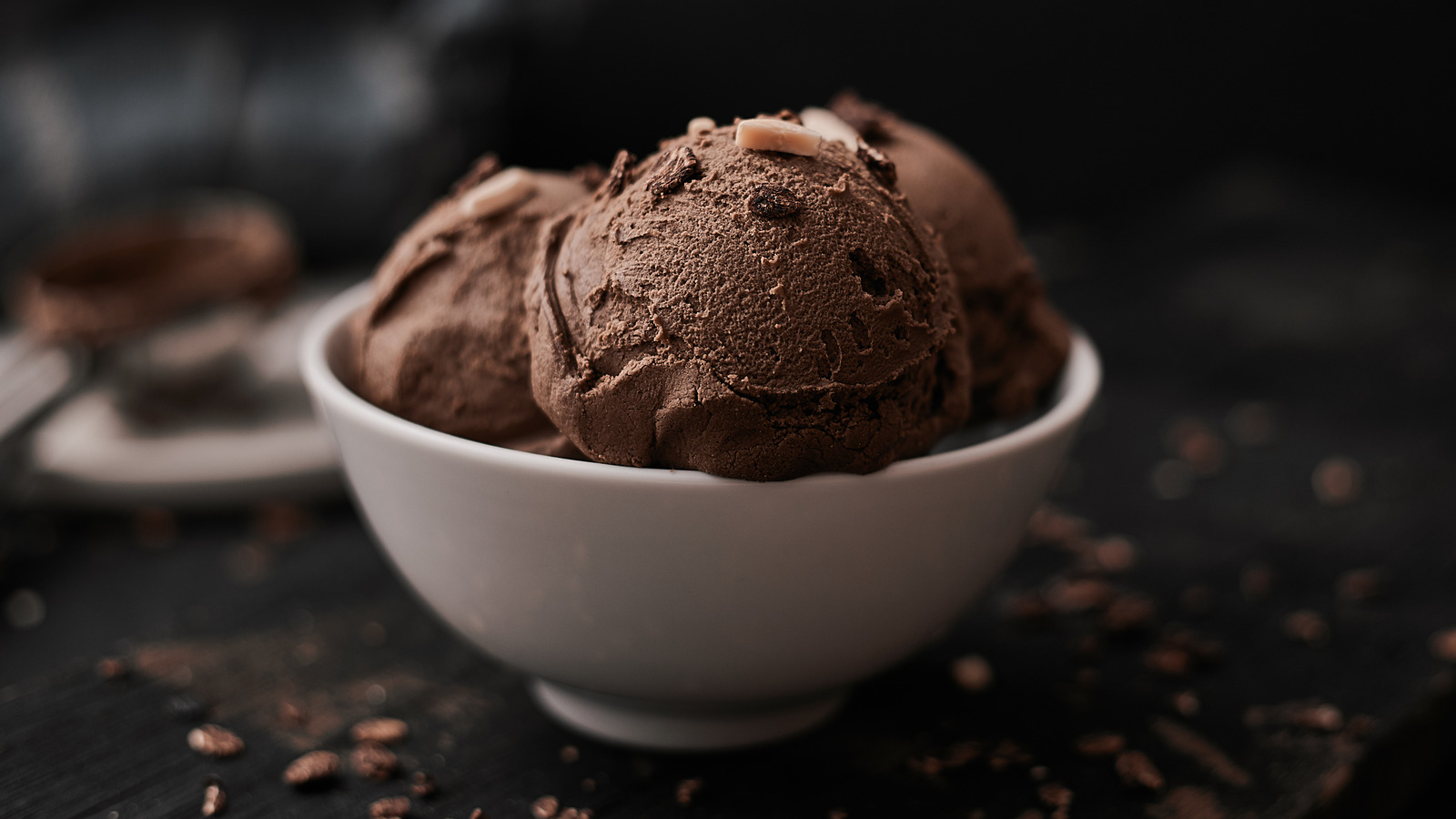
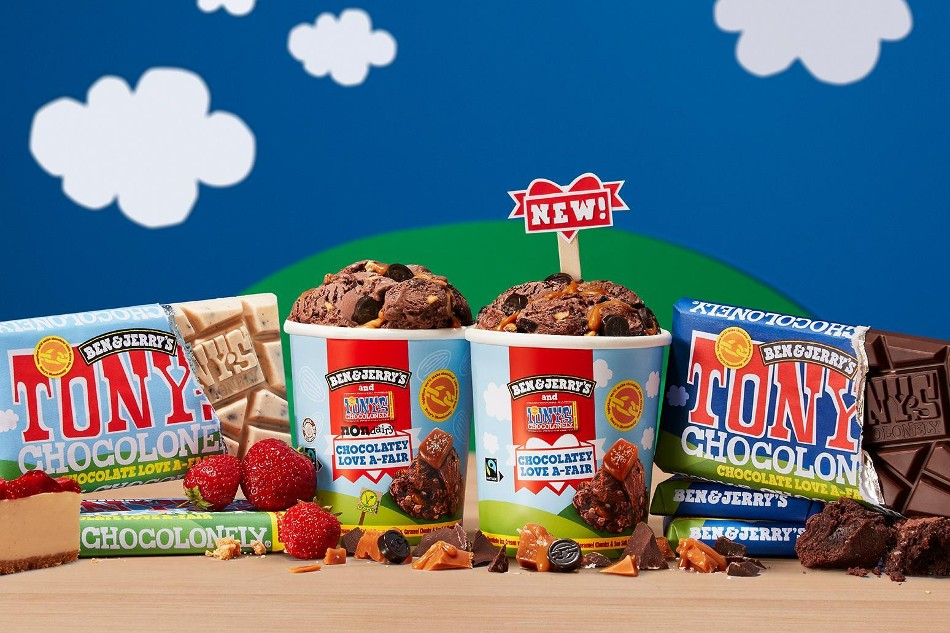
Why this “partnership?” Why now?
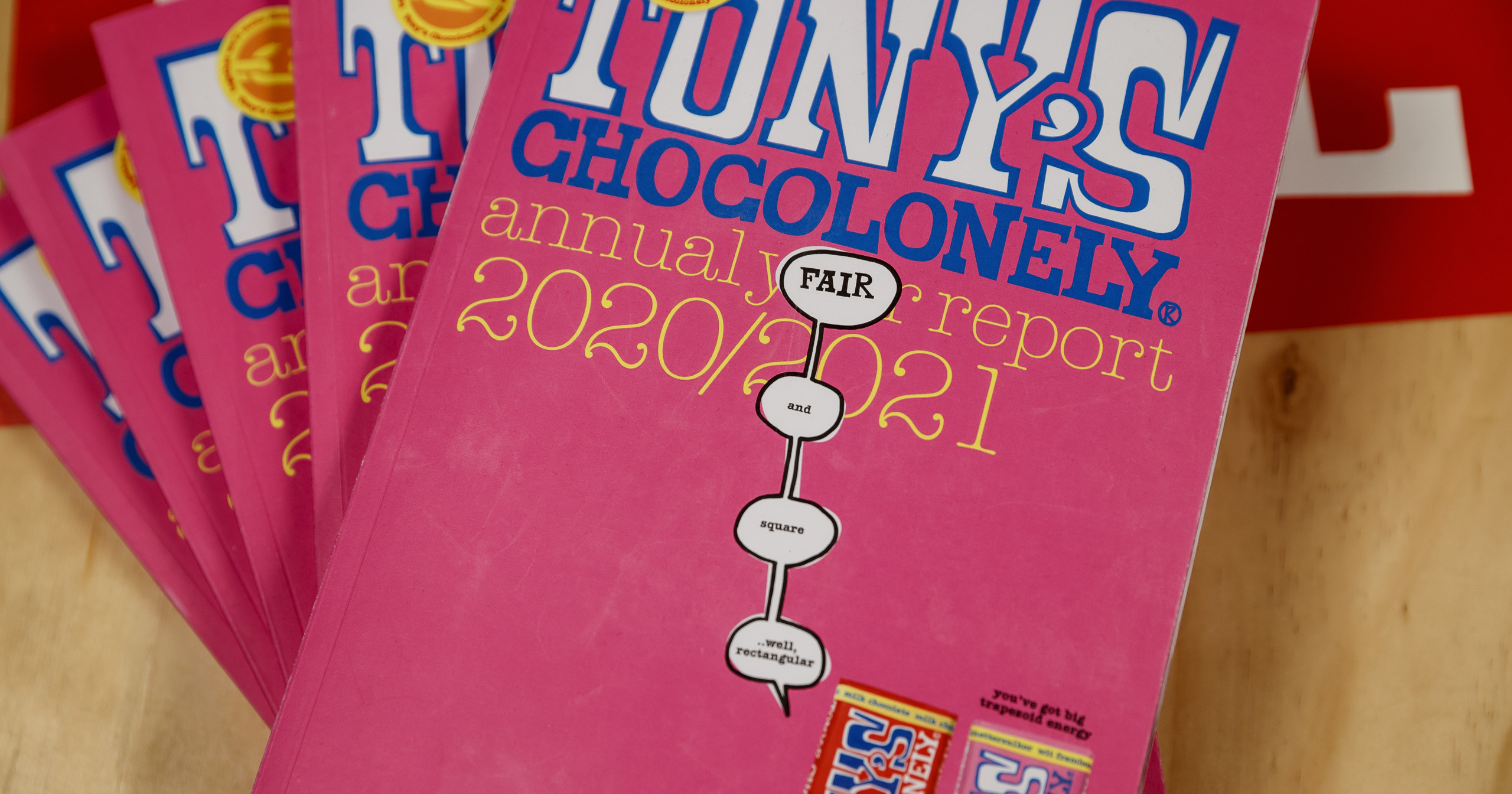

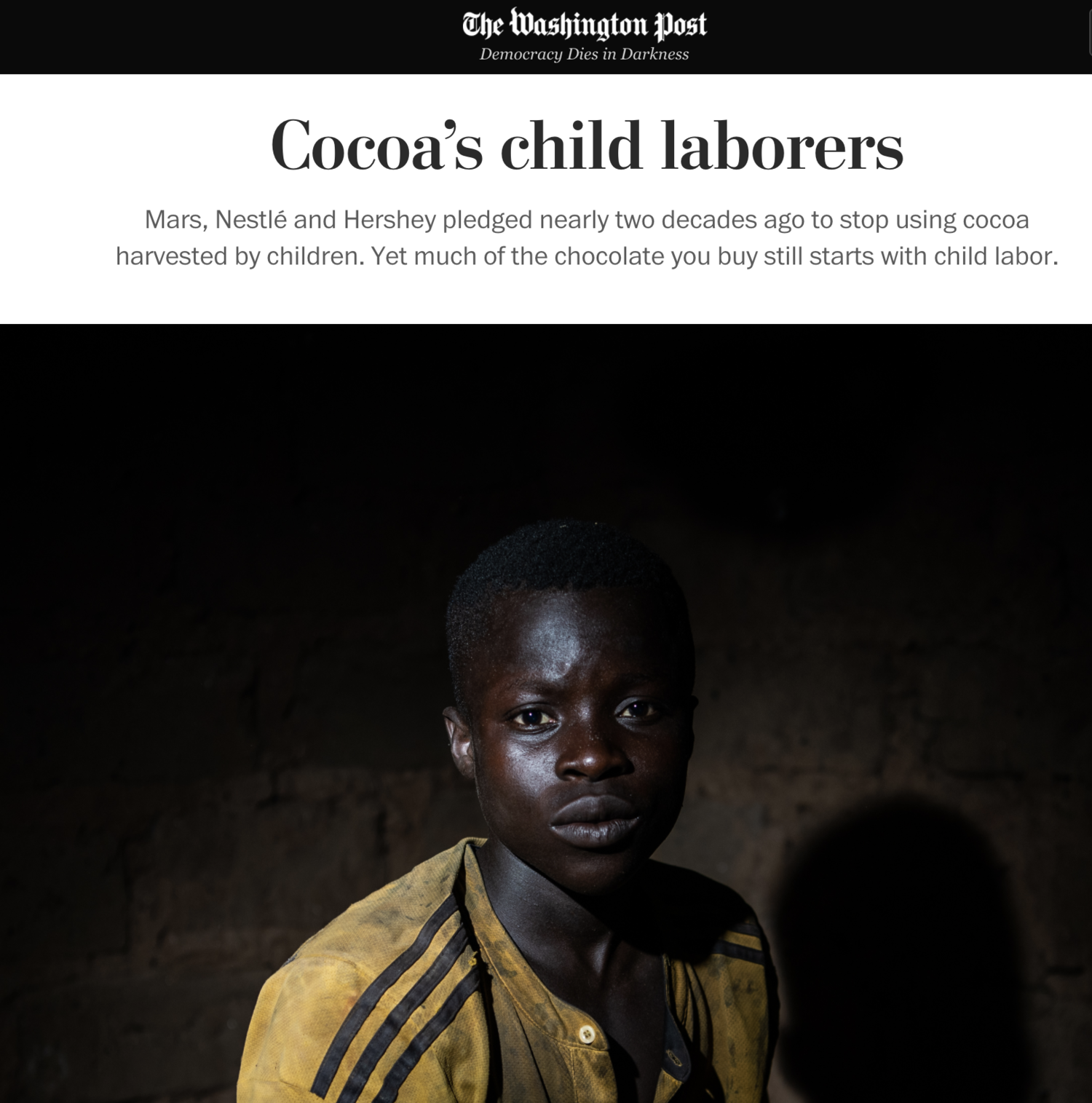
Some Related News

/cloudfront-us-east-2.images.arcpublishing.com/reuters/ZN7VPWMQUFMIHMZL5FUJPQNX7U.jpg)
Live Stream Links
Watch/Participate on YouTube, Facebook, or LinkedIn.
Visit TheChocolateWire Channel on YouTubeMy LinkedIn profile
TheChocolateLife page on Facebook
Leave them in the comments.








